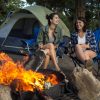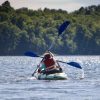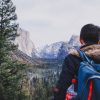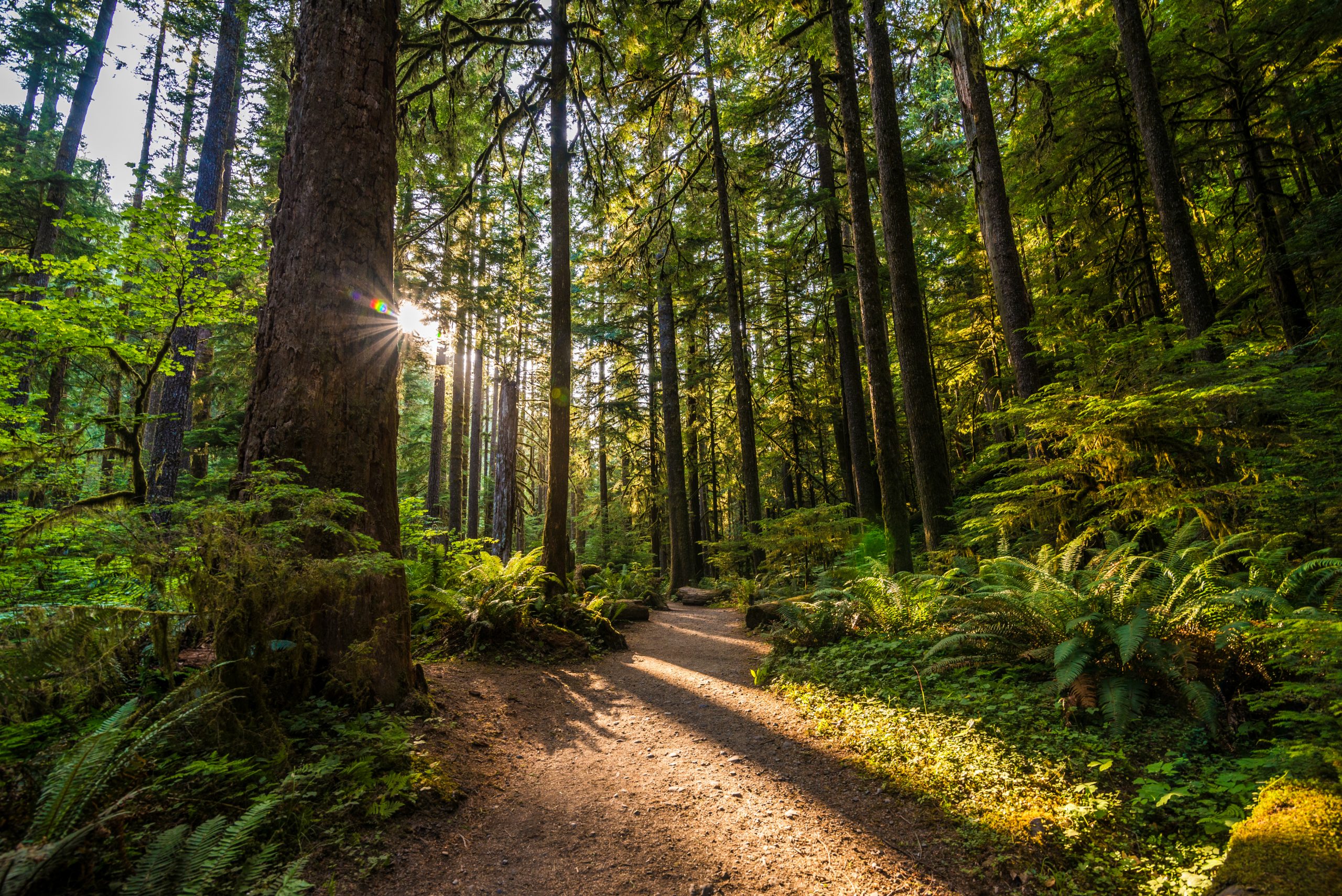- Your cart is empty
- Continue Shopping
Push and Pull Wagons are Great for Camping Beginners

Camping is a wonderful hobby, but it takes some experience to get good at it. If you’re new to camping, then you probably want to buy push and pull wagons among other gear to make your trip easy and fun. Being out in nature requires patience, flexibility, and planning. So, make sure you follow these guidelines to make your first camping trip a success:
Pack the Essentials
In order to ease the stress of a first-time camping trip, you should do a decent amount of research and buy your gear in advance. Tents, sleeping bags, lighting, chairs, coolers, and foldable wagons are all essential items to make your camping trip enjoyable and convenient. You should compare brands and models in order to get the product that fits your needs. Consider what the campsite is like, who you will be camping with, and what kind of experience you want to have. Some people like to bring more items that remind them of home while others like to carry the minimum. If this is your first time camping, then you should definitely have a list of what you’re going to bring. This will ensure that nothing essential is left behind and you can make the most out of your camping experience.
Wear the Right Clothes
Obviously, when you’re out in nature, you’re going to get dirty. You will probably also get sweaty from exercise and wet from the environment. Bring clothes that are comfortable, moisture-wicking, and easy to clean. Experts say cotton is the worst fabric you can wear because it is not warm enough for the elements. You should bring a warm coat, beanie, socks, rain jacket, thermal underwear, and gloves. Make sure that you invest in some sturdy hiking boots as well. For bathroom breaks, you might want to bring a pair of slip-on shoes to leave in your tent.
Follow Safety Guidelines
If you’re going to a place that frequently has wild animal sightings, then make sure to follow the guidelines of the campsite. You should make people aware of where you’re going and what your plans are in case of an emergency. Also, bring a first-aid kit! You never know when you might get scratches or bruises in the wild. You should bring bandaids, ointments, insect repellent, and sunscreen to protect yourself. Make sure that you only hike during the daytime and avoid swimming in any bodies of water that are not open to public use.
Plan Your Meals
Don’t forget to eat! Camping is fun but it’s tiring and you need food to replenish your energy. You should bring energy bars and trail mix to snack on during the day and bring extra canned goods for your dinner. (Don’t forget a can opener!) Even if you’re planning on driving out to get food, you should bring non-perishable food items and some fresh produce just in case. Keep your food in coolers or covered in push and pull wagons to keep bugs and other animals away. You should especially hide your food at night when critters are more likely to steal from you as you’re sleeping.





